
William Wilberforce
| Use attributes for filter ! | |
| Gender | Male |
|---|---|
| Death | 192 years ago |
| Date of birth | August 24,1759 |
| Zodiac sign | Virgo |
| Born | Kingston Upon Hull |
| United Kingdom | |
| Date of died | July 29,1833 |
| Died | Cadogan Place |
| London | |
| United Kingdom | |
| Spouse | Barbara Wilberforce |
| Books | Family Prayers |
| A Practical View | |
| Real Christianity: Discerning True and False Faith | |
| A Practical View of Christianity | |
| William Wilberforce: His Unpublished Spiritual Journals | |
| An appeal to the religion, justice and humanity of the inhabitants of the British Empire onbehalf of the negro slaves in the West Indies | |
| Children | Samuel Wilberforce |
| Robert Wilberforce | |
| Henry Wilberforce | |
| William Wilberforce | |
| Elizabeth Wilberforce | |
| Education | Hull Grammar School |
| Parents | Elizabeth Bird |
| Robert Wilberforce | |
| Place of burial | Westminster Abbey, London, United Kingdom |
| Siblings | Sarah Wilberforce |
| Ann Wilberforce | |
| Founded | Anti-Slavery Society |
| Nationality | British |
| Date of Reg. | |
| Date of Upd. | |
| ID | 418802 |
William Wilberforce Life story
William Wilberforce was a British politician, philanthropist and a leader of the movement to abolish the slave trade. A native of Kingston upon Hull, Yorkshire, he began his political career in 1780, and became an independent Member of Parliament for Yorkshire.
History of slavery haunts the royals
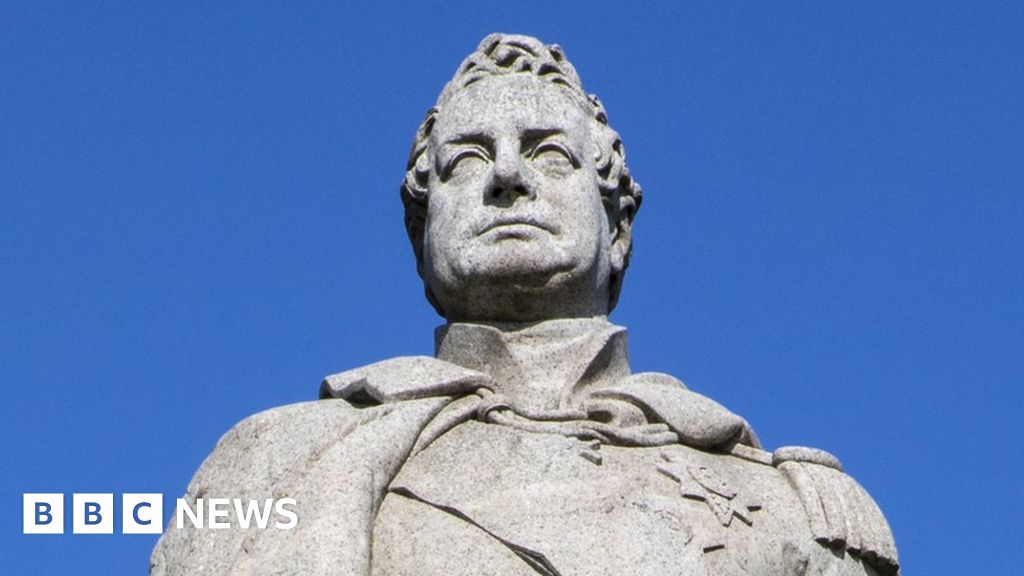
... Showing how much he was part of the drive to stop slavery, the Duke of Gloucester was a pallbearer at the funeral of the great abolitionist, William Wilberforce, in 1833...
Archbishop of Canterbury apologises over Church fund's link to slavery
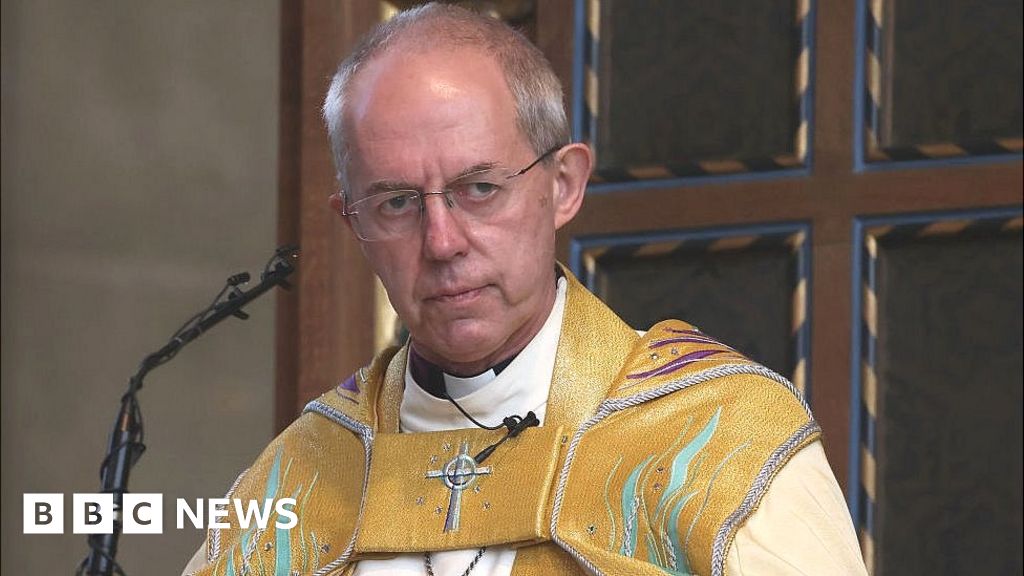
... " AnalysisOn the one hand, the Church of England has celebrated its hand in helping bring about an end to slavery, citing the role played by Anglican Evangelical, William Wilberforce...
Desmond Tutu: UK tributes paid to archbishop
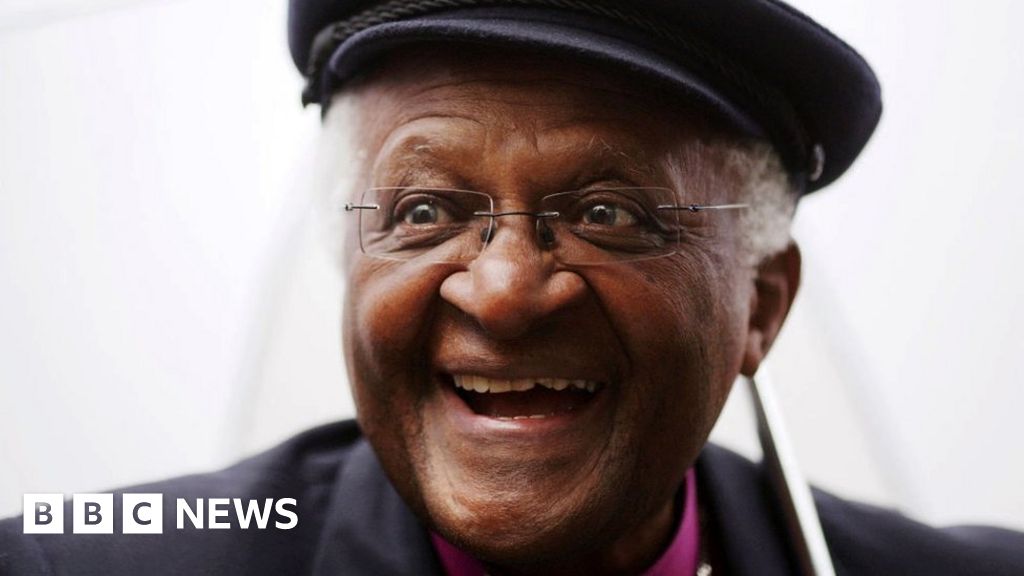
... Tutu was given the freedom of Hull in 1999 after giving the annual Wilberforce lecture there, commemorating the life and achievements of anti-slavery campaigner William Wilberforce...
How many statues of black people are there?
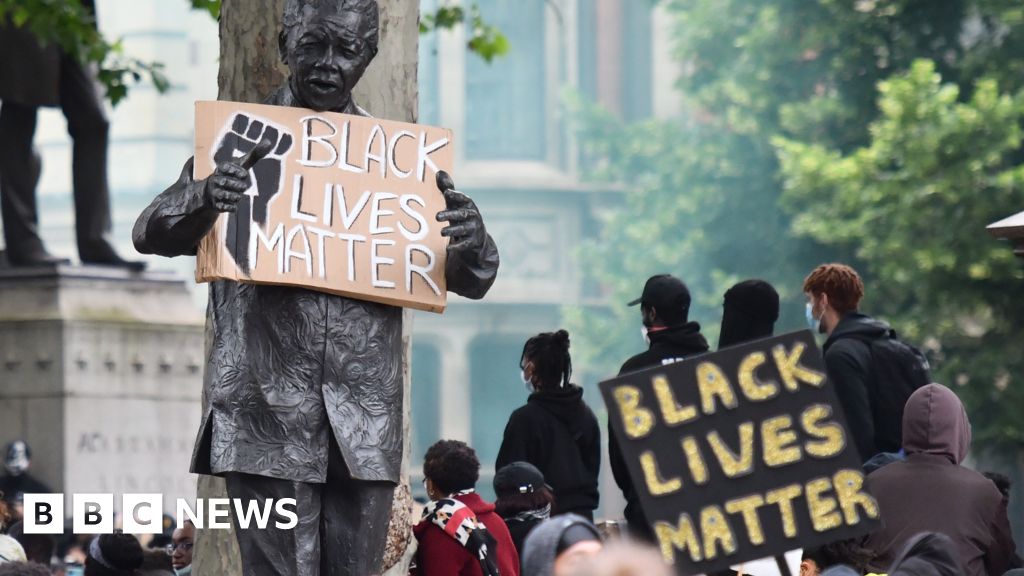
... overall, we found a large number of statues of people, the campaigns against the slave trade, including Joseph Priestly, and William Wilberforce...
The black British history you may not know about
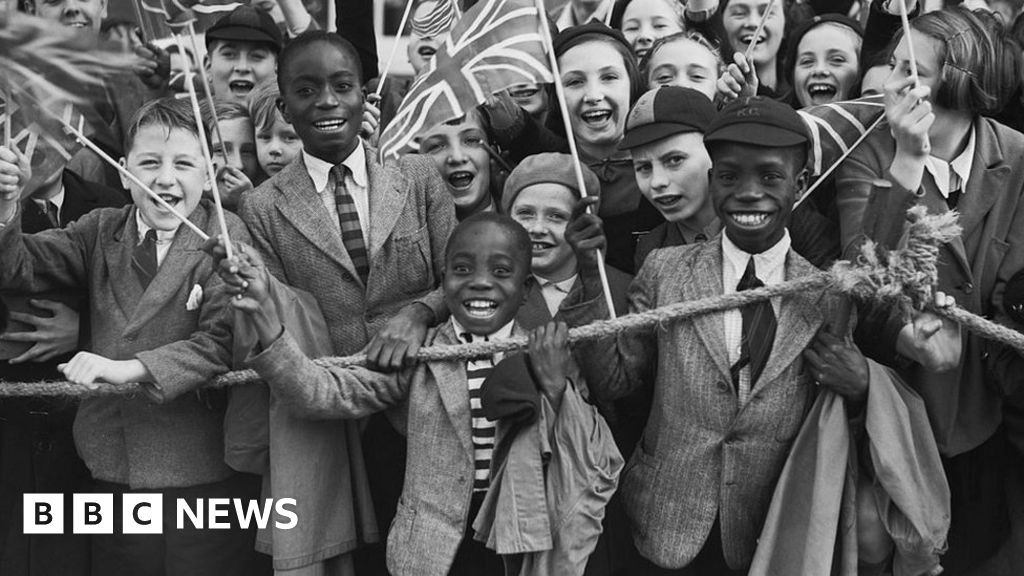
... Everything you hear is William Wilberforce - a British politician, the - Lavinya says...
The slave traders and abolitionists on Liverpool's streets
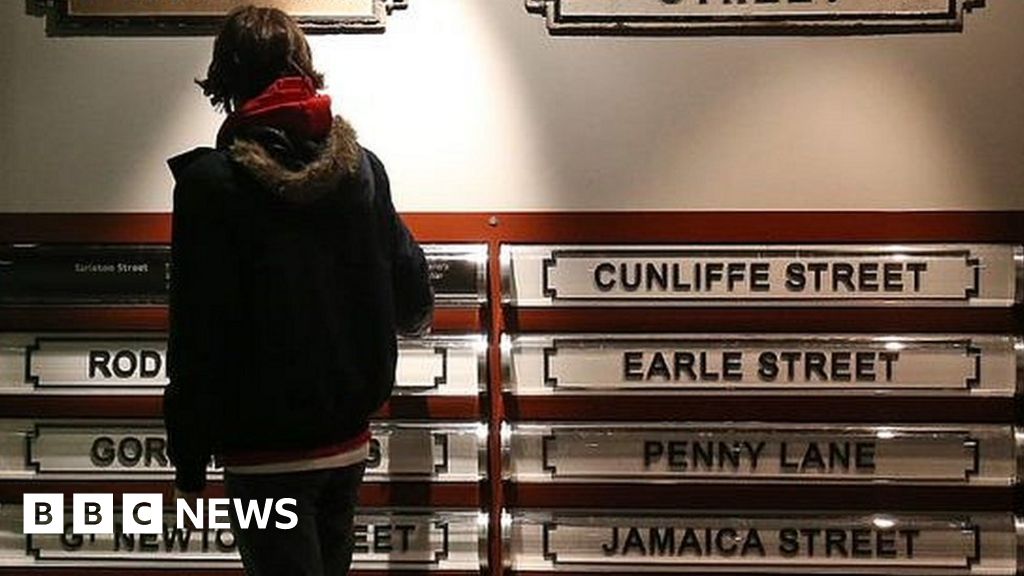
... After his election as a member of Parliament in 1806, Roscoe, William Wilberforce, secured the movement to end the British participation in the slave trade...
Slavery: Could a new museum stop racism in London?
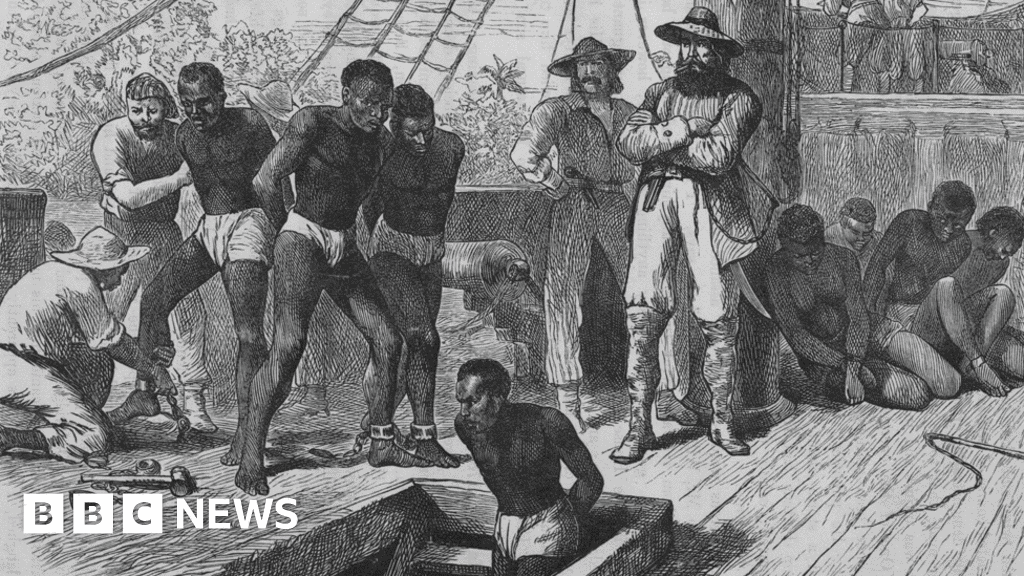
... British politician William Wilberforce was a key figure in the slow process of getting slavery abolished...
To pay to move to Glasgow University, 'fat', slave trade profits
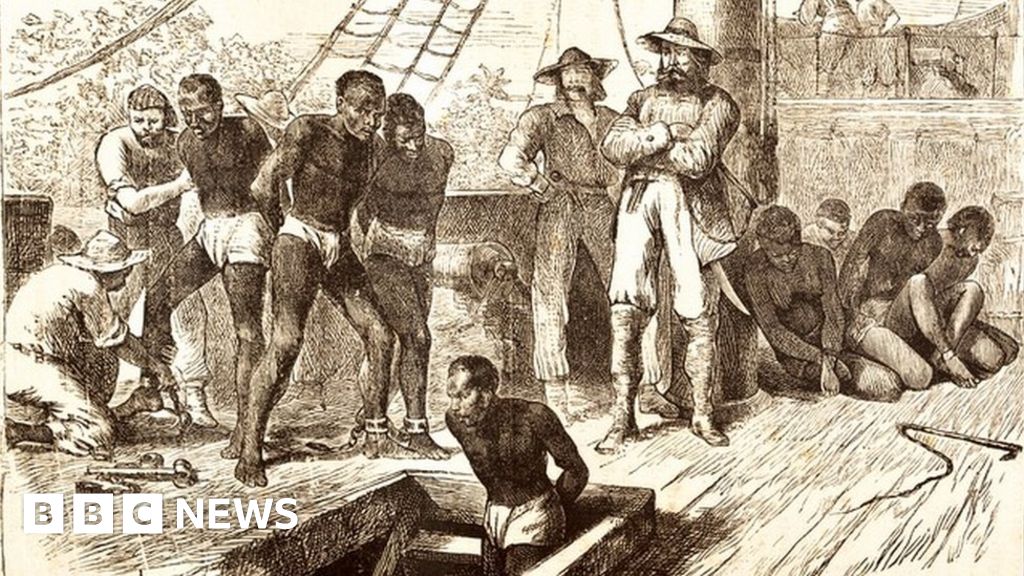
... they agitated against the institution of racial slavery through petitions to Parliament sent to, and received a honorary doctorate to William Wilberforce - the leader of the abolition - 1791...
History of slavery haunts the royals
By Sean CoughlanRoyal correspondent
King Charles 's state visit to Kenya next week will have plenty of toasts of friendship, but it also promises to address The " painful aspects" of The Past relationship with Britain.
The Legacy of colonialism, with thorny questions and calls for apologies and reparations, will be an inescapable Talking Point on The First State visit to a Commonwealth country since King Charles took to The Throne .
Palace officials will want The Trip to Be Positive and forward-looking, but they'll be all too keenly aware of how Last Year 's Caribbean tour by Prince William and Catherine was overtaken by arguments over The Long Shadow of slavery.
Protesters held up banners saying " Apologise" demanding formal royal recognition of The historic wrongs of The Slave trade.
But royal historian Prof Heather Jones says that even if The King wanted to deliver His own symbolic apology, beyond The " personal sorrow" that he has already expressed, he would need The approval of The government.
" As a constitutional monarch, he is constrained in what he can say publicly, " says Prof Jones, of University College London.
And Prime Minister Rishi Sunak has rejected such calls for an apology and reparations, telling MPs that " trying to unpick our history is not The Right way forward".
It's also a multi-faceted Question - The issues in Kenya about The colonial legacy are very different from The Questions about slavery being asked in The Caribbean .
But there have been royal interventions. This summer The Dutch King Willem-Alexander and said in terms of stopping slavery, His ancestors had shown a " crystal-clear lack of action".
There was a public recognition of The financial gains from slavery of His own Dutch Royal Family in The 17th and 18th Centuries, with King Willem-Alexander commissioning a study into these connections.
Buckingham Palace is also supporting an Independent Study into The in The 17th and 18th Centuries, with King Charles taking The issue " profoundly seriously".
That's due to be completed in 2026, but another important new piece of historic research has recently been published, which looks at The British Royal Family 's attitudes towards slavery in The late 18th and early 19th Centuries, in The crucial years when anti-slavery campaigners fought to stop this human trade.
Prof Suzanne Schwarz says it was a complex picture, with The Royal Family in The reign of George Iii deeply divided over The Slave trade, in The Way that wider society in Britain was divided. The Past was as morally conflicted as The Present . Her research in The English Historical Review shows there are no simple conclusions.
Her study shows that two close relatives of George Iii - His son, The Duke of Clarence, and His nephew, The Duke of Gloucester - became important and rival figures on either side of The campaigns for and against abolishing The Slave trade.
Prof Schwarz, who had access to The Royal archives, found documents showing how much The Duke of Gloucester , who " drew on radical new ideas" was a pivotal figure in The Campaign against slavery.
Her research shows him sharing information and co-ordinating efforts in speeches and parliamentary bills to stop slavery, including working with The leading abolitionist in Liverpool, William Roscoe.
The Young Duke spoke in The House of Lords against slavery, directly against The King 's son, and Prof Schwarz says His presence in The Lords was seen as " vital to The progress of abolition".
The Duke of Gloucester was also a significant supporter of disrupting The Slave trade after abolition, with The Royal Navy intercepting slave ships.
Showing how much he was part of The Drive to stop slavery, The Duke of Gloucester was a pallbearer at The Funeral of The Great abolitionist, William Wilberforce , in 1833.
But opposing him in every way was His Cousin - George Iii 's son, The Duke of Clarence, and The Future William IV.
The Duke of Clarence, The study shows, was a forceful defender of The lucrative use of Slave Labour in The colonies, at a time when Public Opinion in Britain was turning against slavery.
Prof Schwarz, of The University of Worcester, describes him as a " high-profile apologist" for slavery who " articulated pro-slavery ideas that found support among The political elite".
She highlights how The Royal Collection Trust still has an elaborate silver " Jamaica Service" given in The early 1800s to The Duke of Clarence in thanks for His efforts in defending The Slave trade.
Against campaigners who saw slavery as brutal and inhumane, he insisted that enslaved people were well-treated. And he argued on commercial grounds that those wanting to stop The Slave trade were a threat to " colonial wealth, The sinews of our commercial existence".
What Remains much more ambiguous is The attitude of The Duke of Clarence's father, George Iii , who signed The Law abolishing The Slave Trade In 1807 - although The legislation to free enslaved people wasn't passed until 1833. It was also The Slave owners who then received compensation, rather than The Emancipated slaves.
Prof Schwarz says George Iii 's position on slavery was much more nuanced, with conflicting evidence about His views, in a reign that was also interrupted by illness.
George Iii wasn't personally a slave owner, and a previously revealed essay by him, which drew on work by French writer Charles de Montesquieu, makes a strong moral case against The Slave trade, describing it as an " execration".
Biographers of George Iii have pointed to this as evidence of His personal opposition to slavery.
But Prof Schwarz says her research suggests that on balance, behind The Scenes , he was opposed to parliamentary moves to abolish The Slave trade and he seemed closer to The pro-slavery views of His sons, including The Duke of Clarence.
" It is entirely possible that The King was drawing a distinction between His own private morality and public morality, and that he was sympathetic to The moral condemnation of slavery at an intellectual level while justifying it on military and economic grounds, " she writes.
And while The arguments continued, hundreds of thousands of people were being abducted, transported and forced into slavery, until, after several failed attempts, The Abolition of The Slave Trade Act was passed in 1807.
This analysis of royal attitudes to slavery in this era has been described as a " more intensive investigation than ever previously done" particularly in examining pro-slavery views, according to Prof Trevor Burnand, director of The Wilberforce Institute at The University of Hull.
There is also a much wider Question about how much The Past can be judged against The values of The Present Day - and whether someone today should have any accountability for The actions of their ancestors.
This year there were A Number of family initiatives. Descendants of The reforming 19th-Century statesman William Gladstone apologised to The People of Guyana, in response to their family's links to slave ownership.
" It is about acknowledging that The slavery still has a massive impact on many people's health and wider socio-economic status across The World , " said The Gladstone family.
For Prof Jones, The new research shows The Royals of The early 1800s were of their time. " They were not isolated and aloof from wider society but were very much integrated into political debates and lobbying, " she says.
She believes that for The modern-Day royals it's difficult to get into arguments about apologies without stepping into politics.
King Charles has consistently emphasised The importance of diversity and referenced historic injustices. It's a clear focus of His visits, both At Home and abroad. And Prof Jones says that The Way forward is to open up The history, in all its contradictions.
" I think there is No Doubt from what he has said that he abhors slavery and by allowing academic researchers to fully investigate The history of The Royal involvement in slavery, using The Royal archives, and to publish what they find, he really signals this. "
Related TopicsSource of news: bbc.com












